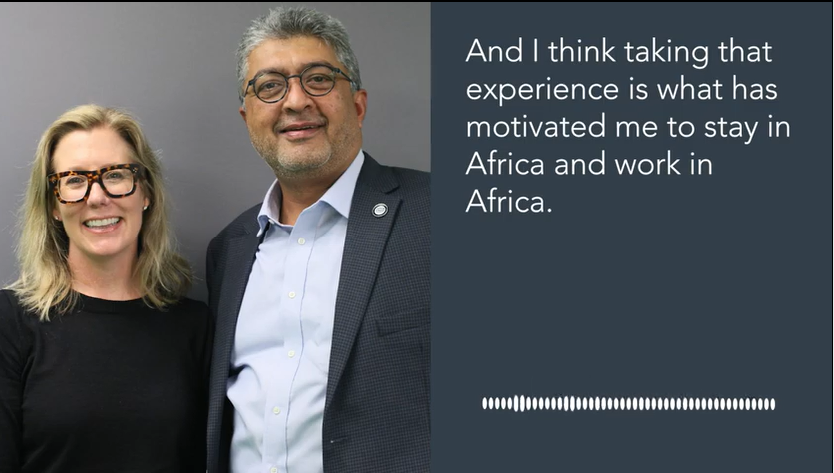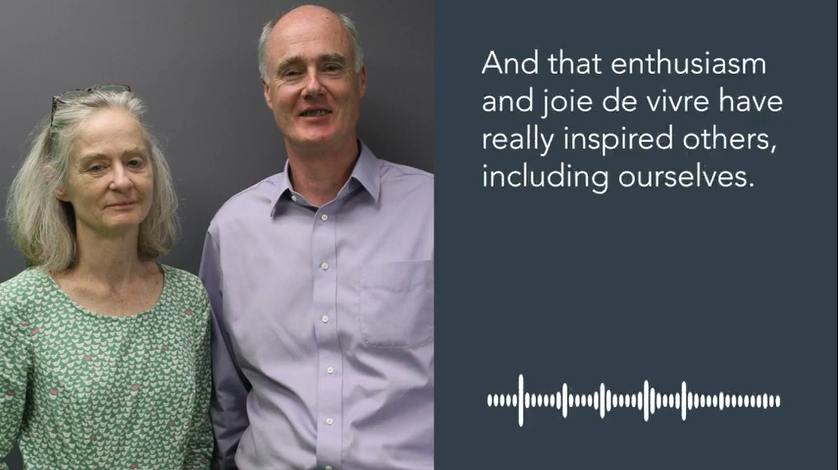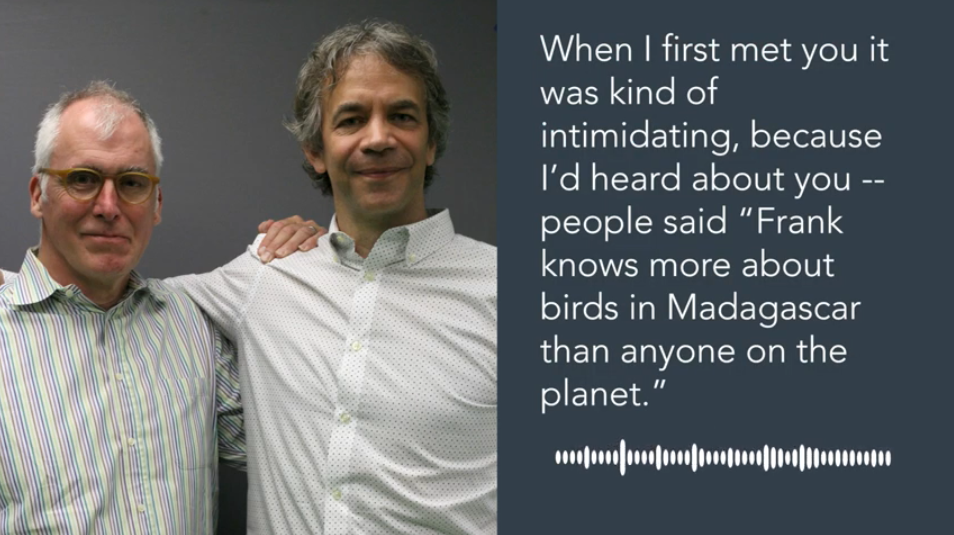Mary: So 10 years from now, when you think about Bovima and Madagascar, what do you think is going to remain with you? What are you going to carry with you?
Satyam: Not long ago I was in Canada, and I saw a restaurant advertising Zebu beef on the menu and I did ask, and they said yes they do get it sometimes. What I would like to see in 10 years’ time is not only Bovima, but is also the concept that the Madagascar brand – which is known in vanilla, which is known in chocolate, which is lesser-known in coffee. Madagascar brand of quality, Madagascar brand of exclusiveness, would also reach the Zebu beef, and creating a dynamic in the agri-business, of which Bovima will be part.
Mary: You know I can relate to that, because a week ago I was at an Afghan restaurant here in D.C. and the waiter was very impressed that I knew the green raisin, the dried green raisin was the Shindohani raisin and that’s because when I joined IFC, my first project was the Afghanistan Horticulture Export Development project, where I worked on the Shindohani raisin and pomegranates.
It’s interesting to think about how far we’ve come in terms of development thinking. I reflect back on my very first job at the U.S. Agency for International Development and having a couple of colleagues counsel me that I should go back to school and get a different degree because private sector development wasn’t real development. And then, maybe a decade after that having people tell me private sector development in the more challenging markets of places like Afghanistan was a premature effort for us to be making and here we are now, and I think we now have consensus across the different players that we’re not going to achieve for example the Sustainable Development Goals if we don’t have robust private sector development across a wide array of countries, from the poorest of the poor to the fragile and conflicted. It’s kind of cool in one’s career to see the story unfold that fully.
 https://commdev.org/wp-content/uploads/2019/08/Satyam-Mary.png
473
834
James Frazier
James Frazier2019-08-05 11:49:172019-08-05 11:50:35Satyam Ramnauth & Mary Porter Peschka
https://commdev.org/wp-content/uploads/2019/08/Satyam-Mary.png
473
834
James Frazier
James Frazier2019-08-05 11:49:172019-08-05 11:50:35Satyam Ramnauth & Mary Porter Peschka





